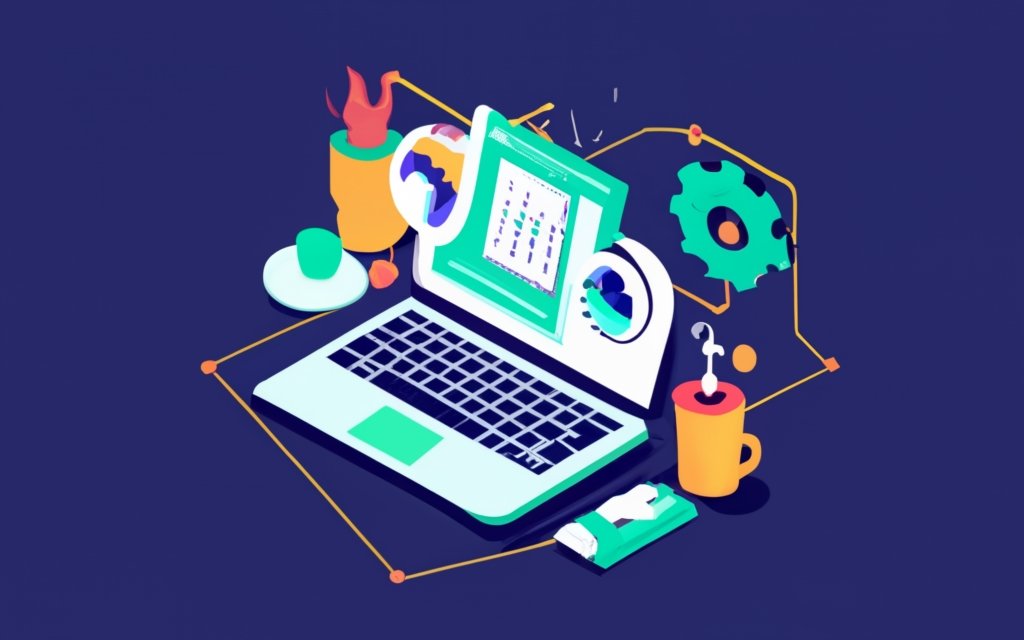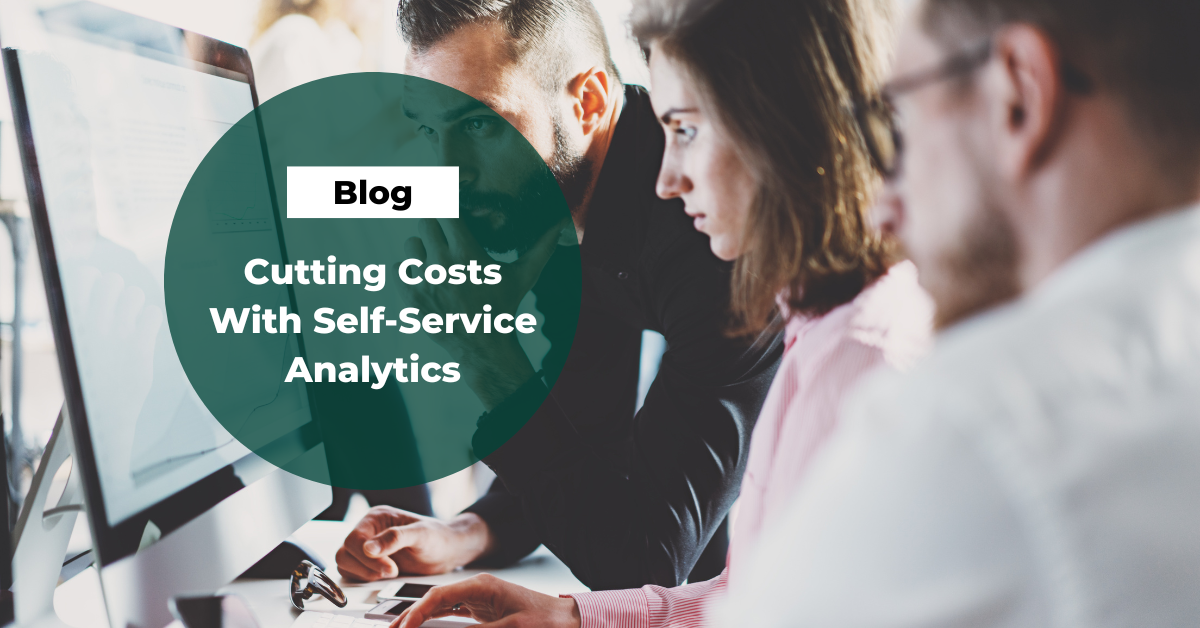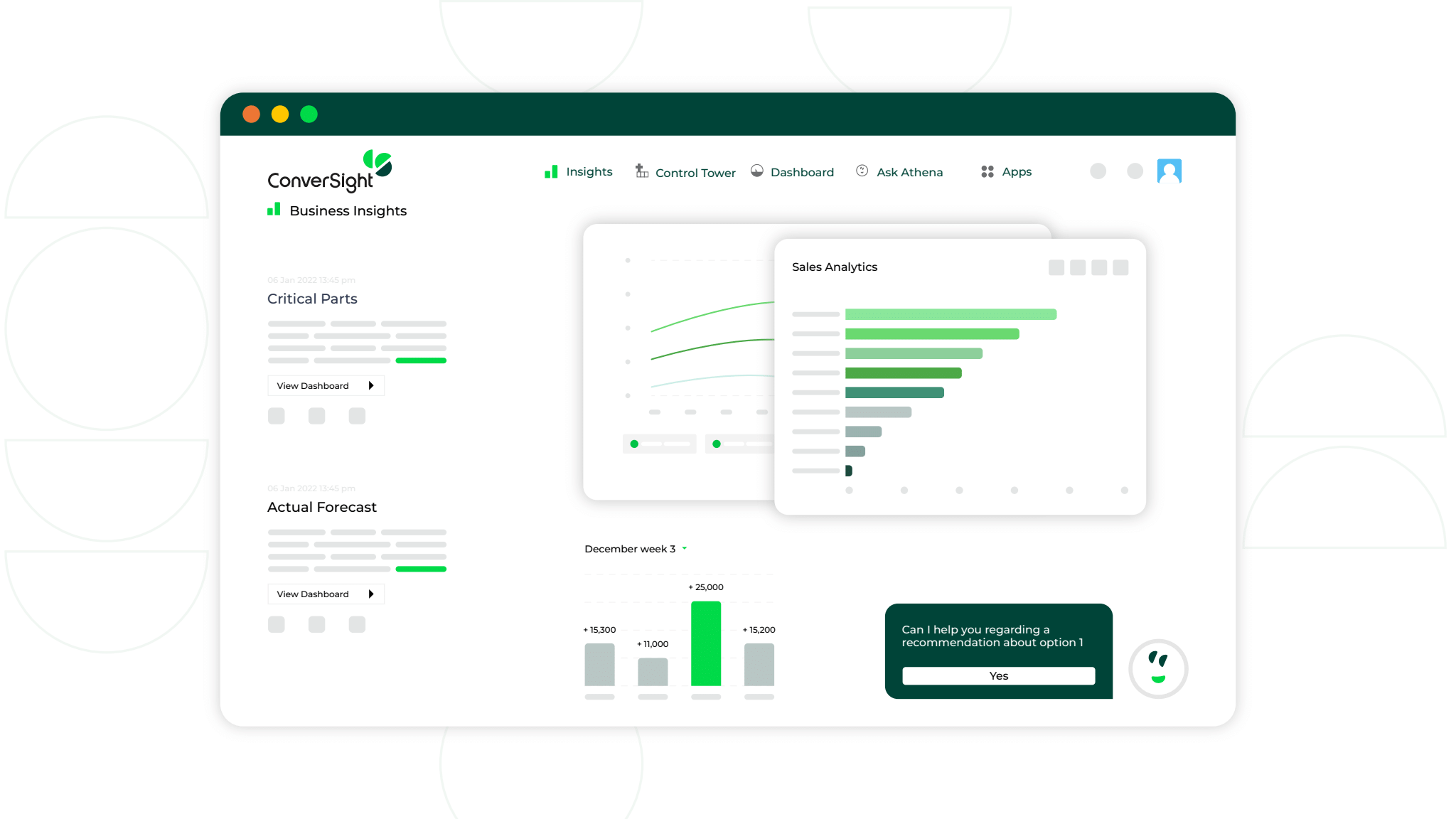
With the generative AI market set to boom in the next decade, companies are beginning to look at implementing AI into their strategies for easier methods of data analytics and execution. Companies that have typically relied on legacy means of data consumption will now experience another wave of digital evolution, one that threatens to leave them behind if they do not adopt new methods.
As organizations implement generative AI, many are seeing instant results, and using the technology to augment their daily jobs. Typical CRMs, ERPs, and WMS’s can now be augmented to produce data insights and stories, and provide these insights proactively to reduce harm. In many instances, helping to heal supply chains and avoid data backlogs with old information.
As we look at generative AI and its ability to change the business landscape, there are a few major ways AI can augment current self-service analytics models:
- Data Storytelling
Businesses that have a streamlined process for obtaining self-service analytics have done more than most organizations, but still lack the full picture on their data. While quick analytics can provide leaders with instant visibility into their data, data storytelling will begin to change the game on self-service analytics.
Data storytelling provides users with a story behind the answer they are receiving. Instead of finding out “What is my revenue for Q3?”, AI can tell you why your revenue declined in Q3 compared to the same time last year. This provides leaders with the full download on their data, and gives them action steps to make data-driven decisions.
See how Athena provides data storytelling through a 1:1 interaction with AI.
- Automation
Rather than getting bogged down in timely and resource-heavy processes, AI provides organizations the ability to automate processes and build off the momentum they create from their insights. AI easily stores generated insights over time, builds a context-based knowledge base, and executes top priority actions when the time comes.
AI also automatically provides insights based on parameters set by the user, such as sale thresholds, parts tracking, and more, making it as easy as possible for the user to digest the information and rely on AI to make the data-driven decisions.
See how ConverSight provides instant and automated drill-down analytics.
- Collaboration & Security
One overlooked aspect of AI’s influence in business analytics is its ability to quickly and securely share information with key stakeholders. AI can notify necessary users to analyze data, or take action based on insights gathered by AI. This can allow certain parties to access key data, without jeopardizing certain aspects of the organization.
With the proliferation of cloud applications in the business sector, information security is key. AI can securely share information, as well as keep this data safe from outside influence.
Organizations that begin to implement generative AI into their processes will begin to see instant changes to their bottom line, as well as access to data across their entire organization. Data democratization will continue to be the way forward as generative AI looks to take over business analytics and provide the insight necessary to move forward.
Ready to implement AI into your organization? Request a demo today.


